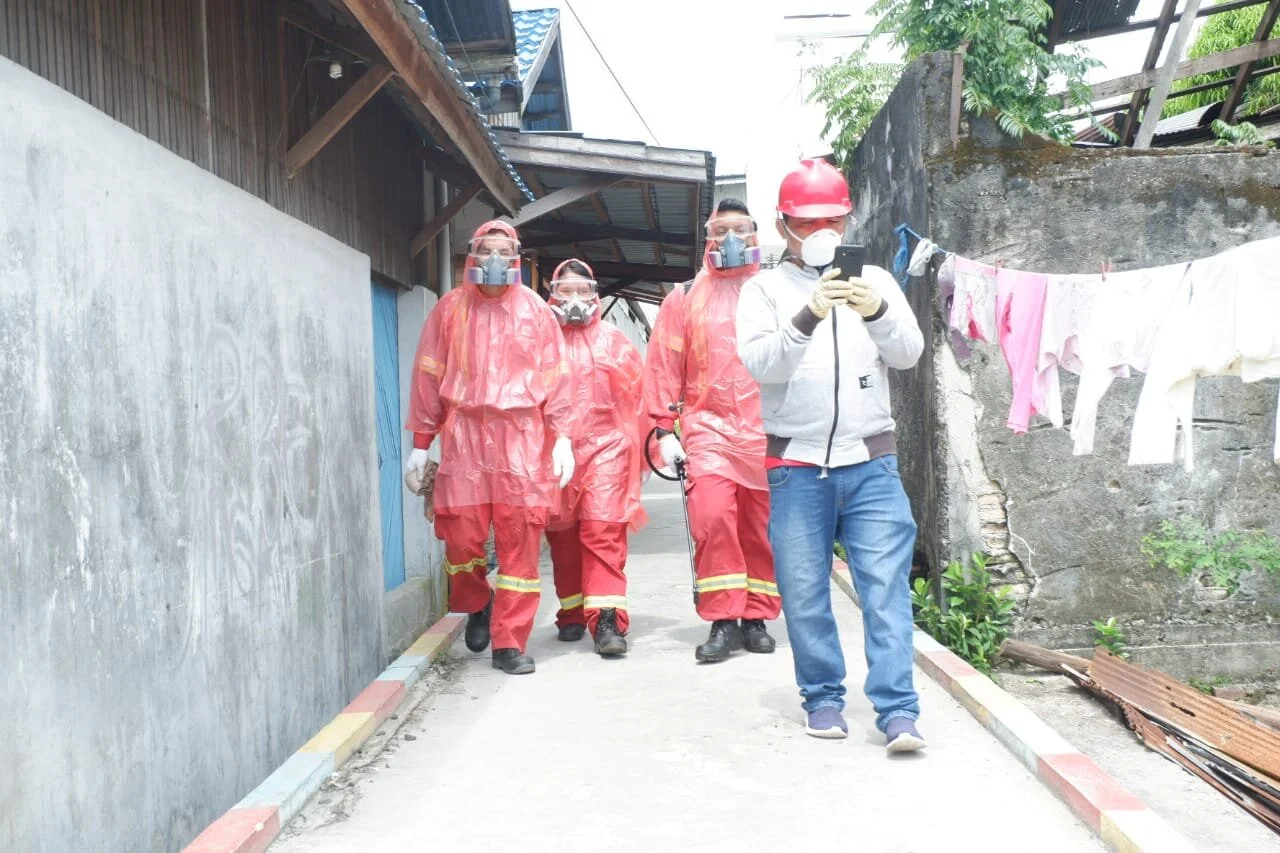"Before the company came to our village, we lived in peace and harmony. Now, the community has been divided into two, and our unity has been shattered. For economic reasons, many villagers sell their lands and work with the company. But, some villagers still protect their land because they have seen the ecological damage caused by deforestation for palm plantations, "
I still clearly remember the elder's longing eyes and hoarse voice when he shared his fear that our village might turn into ' ngaleka' or 'unhabitat village' if all the young people never returned to their village. His story hit me hard with the fact that, nowadays, many ancient rural villages in Kalimantan are now solely inhabited by old people or have truly become villages without inhabitants.
Most people tell me to study well, graduate, find a job and live a settled life. How can I live a life while seeing the destruction in my homeland? How can I be happy? How can I be sure that in the next twenty years we still have trees to give us oxygen, rivers to give us fish, soil to give us crops? I wish to do something. I just started, now I want to do more.
“I saw other girls in the neighbor village. They were so good in dancing Dadas. I thought, wIll I get the same opportunity to learn? Now it’s happening.” said Layu. Oliv, Layu and Gea dream to perform. These young girls dream to wear a traditional costume, dance in front of many people and revive a traditional dance practices in their small village.
Haze in Kalimantan is no joke. Seven years ago, children died, elders died and hundreds of thousands suffers of respiratory problems. Now, they get a chance to breathe. Thanks to Ranu Welum team. Thanks to Big Red Button. Thanks to you.
From the first sight, I could see cobwebs and dust which indicated that this school had not been occupied for a long time. While waiting for the other teachers to come, we sat with Pak Heriyanto and had a small talk. He told us that indeed, the online school system they have tried to apply since the pandemic forbade the school to open has been very challenging. This challenge was not only for the teachers, but also for the students, and the parents. When all the other teachers came in, we got to know a glimpse from each of their perspectives.
If we expect for better tomorrow, we should start by today. With these new generation of green leaders, we believe that the change is just a distant. Therefore, we know that being a Kalimantan Green Warrior is not merely a title; it’s a responsibility.
The highlight of my experience working for Ranu Welum is when I was trusted with the responsibility of leading the Kalimantan Climate Strike in 2019. Never in my life, I joined any sort of strike before, and as I just started learning about leadership, being a leader is very scary to me. With the help and courage given by the team, together we successfully organized the strike with 319 Kalimantan youths and had a hearing with the DPRD (Indonesian Legislative Parliament) and the No.1 person in Central Kalimantan, the governor himself.
Tawudien tree, a Dayak Ma’anyan language for ironwood tree, is regarded by some Dayak communities as a spiritual protector that can guard their Indigenous territory against wild animals and evil spirits. “We use tawudien trees to build traditional betang houses and to carve indigenous wooden statues for ceremonies. It is also the main material to make sandung, a small home for the bones of the deceased that were taken from the cemeteries and purified in a secondary burial ritual called the tiwah ceremony,” explained Paresto.
I can’t hide my sadness and anger when I see directly how many people are being displaced and seeking help. How many people were unaware that this disaster was caused by the greed of the corporation that continually cut down our trees and exploited our resources. But here, I also learned the importance of solidarity. I was continually being amazed by the work of the people for the people. I saw a lot of people from different countries, from different cities, and from different communities hand by hand donating and helping the community directly.
This year, working together with the Youth in Landscapes Initiative (YIL) and the Global Landscapes Forum (GLF) as Restoration Stewards in the Peatland Ecosystem, we aim to restore areas burned by forest fires and to teach Indigenous youth about our significant peatland ecosystems in Central Kalimantan, Indonesia. We will focus on two project areas: Tumbang Nusa Village and Talekoi Village.
Thanks to our generous donors, we raised 38.657.800 IDR in total from September 12 to October 3rd. There were also some supplies such as clothes, blanker and medicine. Through a bumpy road and many challenges, we have shared more than 1,600 good packages for 14 villages in 4 regencies in central Kalimantan.
While some organizations are supportive of the project as long as it fulfills their requirements, the environmentalists and activists are still firmly against the project. The tension between the opportunists and conservative leaders cannot be avoided. The main question is coming to the surface: is the food estate project a challenge for the Dayak communities to overcome, or the opportunity that the Dayaks should give a try?
“In the pandemic situation like this, KIFF shows up to bring support and encouragement for the indigenous communities all over the world. In the depressing time, we always need someone to show up to encourage us and lead the way into the solution. And that person is us. We need to show up for ourselves, stand and speak ourselves to the world.”
There are more stories that need to be told.
There are more voices that need to be heard.
Therefore, with grateful hearts, we would like to invite you to celebrate with us during our two-day festival, August 21-22, 2020. Twenty filmmakers will join us in panel discussions and workshops, with fifteen hours of screening time.
At present, the Indonesian government, following President Jokowi's instruction, for reasons of food security during the pandemic, has announced to open 900,000 hectares of peatland in Central Kalimantan for farming. Approximately 160,000-300,000 hectares of peatland will soon be cultivated for a paddy field next October. The government is also planning a transmigration program that will bring hundreds of thousands of farmers from outside Kalimantan to work on the project.
“Every policy related to land and forest management should be a mutual topic, which we, Dayak people, can discuss on a regular basis. These topics should not be hidden or made exclusive to certain groups, as their results will greatly determine the future of the Dayak people.”
As of 16May 2020, Ranu Welum Foundation has entered its fourth year as an indigenous initiative, bringing the voices of the Dayak community to the world. The spirit of our work is still the same as when we started. Our hands are still toiling and our feet are still bustling to achieve the transformation that we have been longing to see.
As we are still awaiting official announcement from the Ministry of Tourism, Arts and Culture Sarawak, Ranu Welum and the local host/organizers must now affirmatively confirm that the Fringe will be cancelled this year due to Covid-19.
To protect ourselves, we need to protect others too. Through Youth Act, 24 youth are committed to tackling this crisis with whatever we have at this moment. and our team is called “Kalimantan Berani” which means Kalimantan is brave. We don’t want to be a victim, but a hero. Not by being at home and not doing anything, but even by being at home, we try to do something.
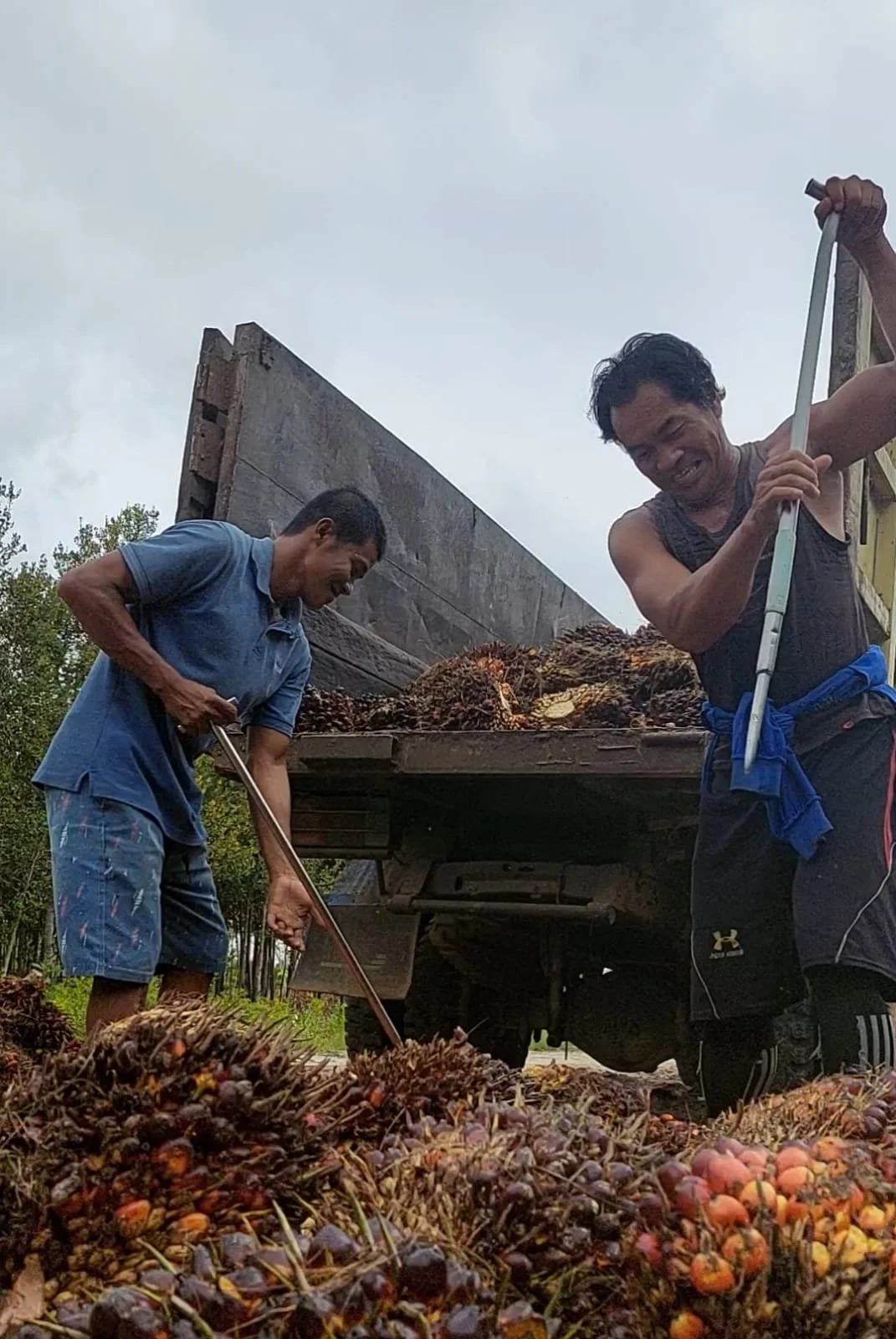


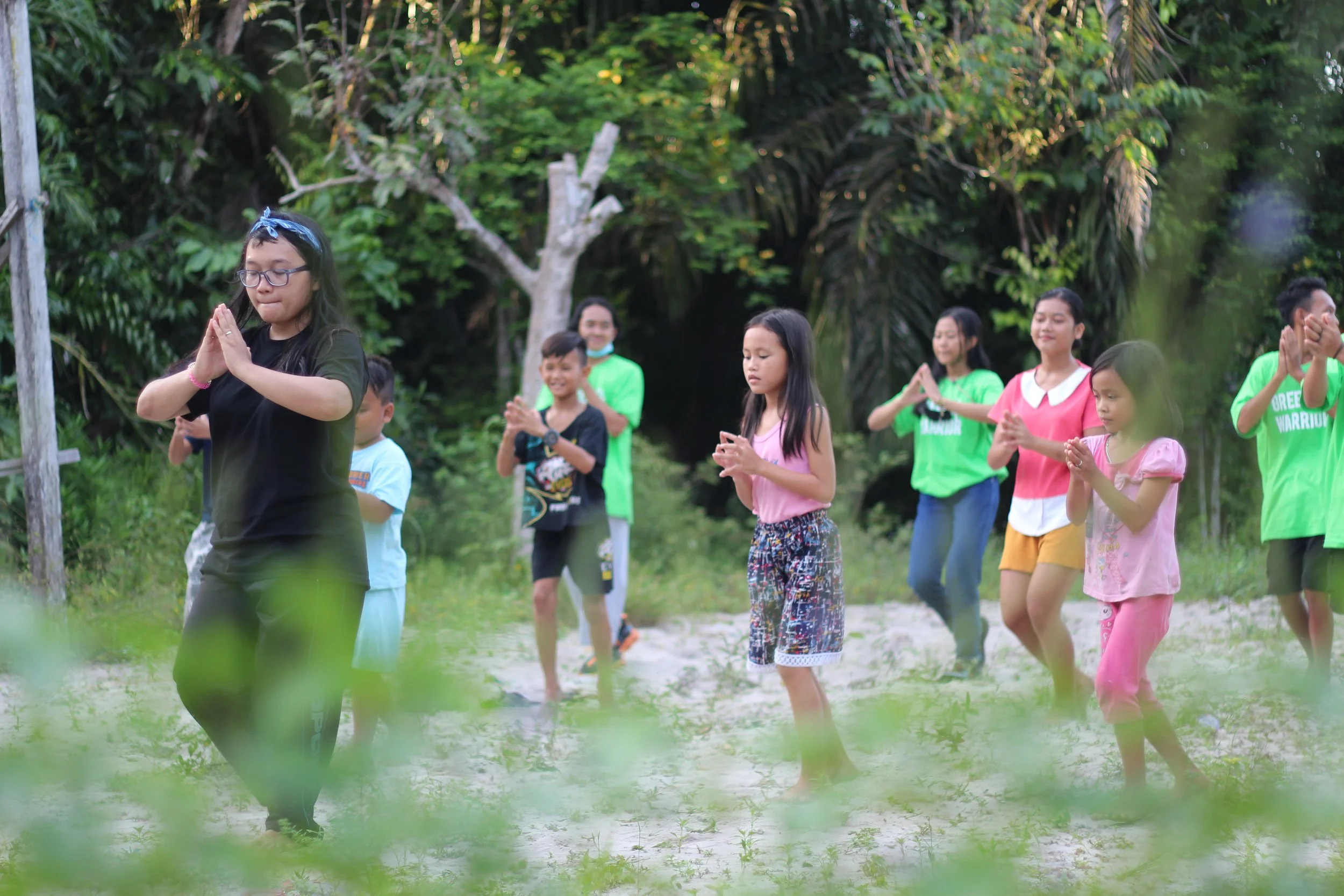
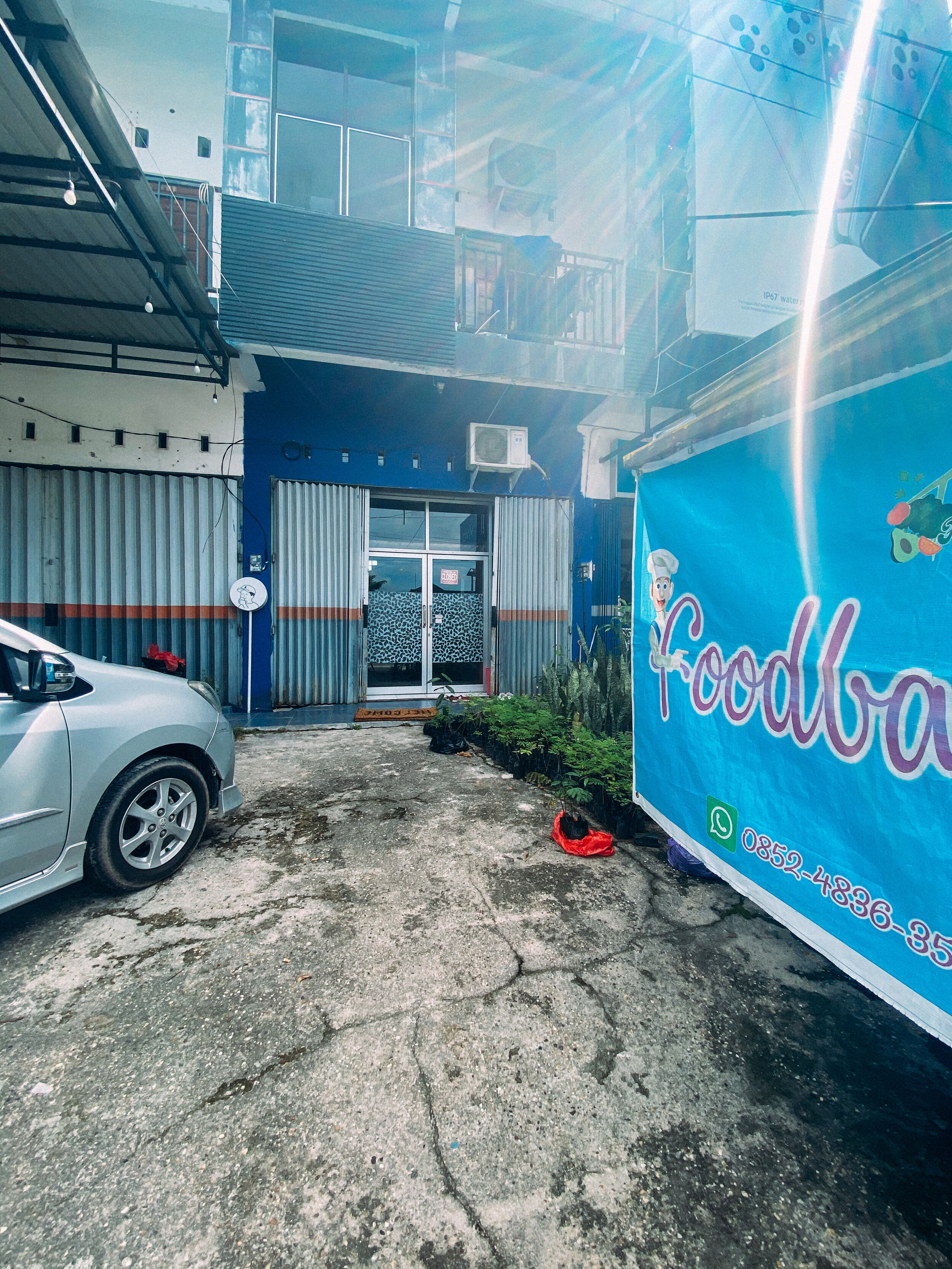








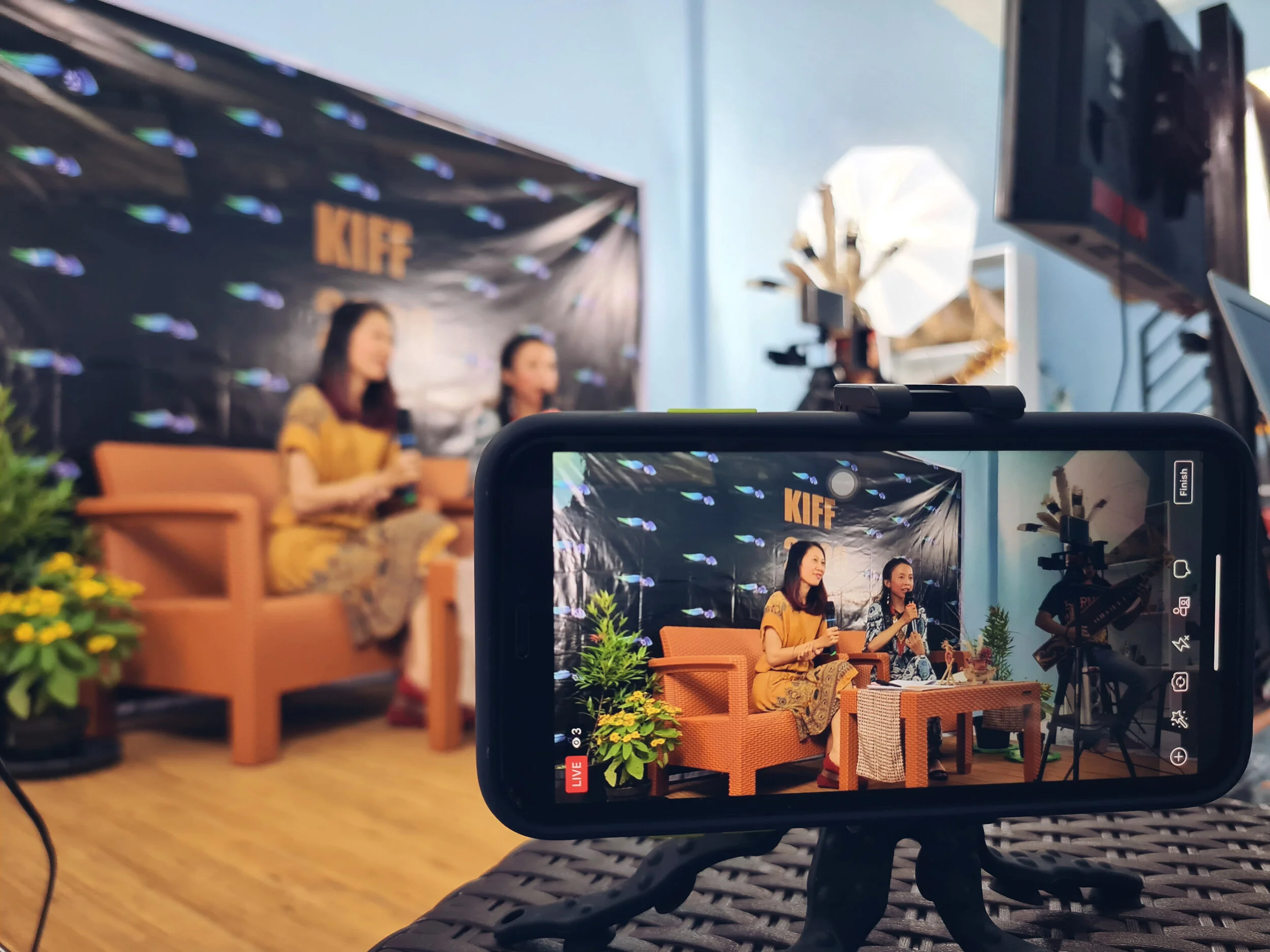


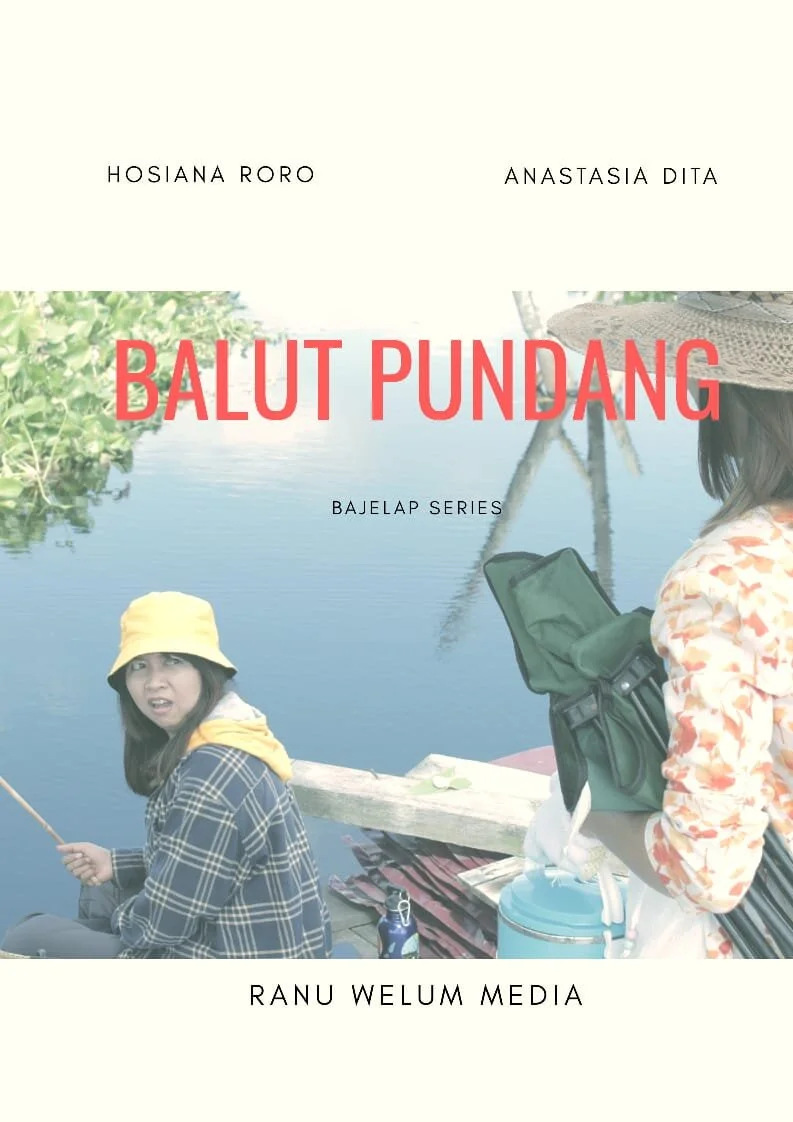

![[ ANNOUNCEMENT ] INTERNATIONAL INDIGENOUS FILM FESTIVAL 2020](https://images.squarespace-cdn.com/content/v1/56ebb0ca59827e684a13e78c/1590583317051-18EEX0D5HJYIQ0EV1P3X/IMG_20200511_143750_161.jpg)
